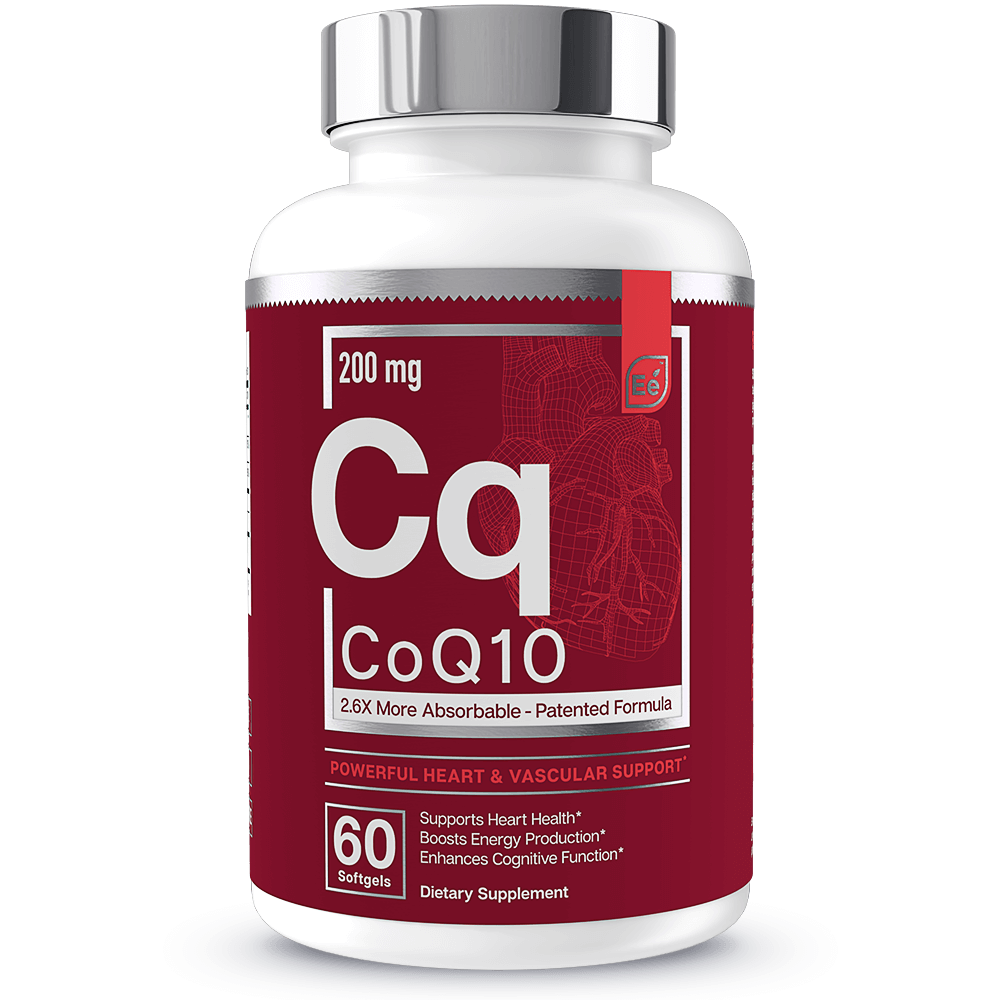What You Should Know About Breast Implants and Their Link to Cancer
7 minute read
The FDA has released reports showing that an increasing number of cases of cancer are being found in those with breast implants. The disease appears to develop more in women with textured implants as compared to smooth ones.
However, regardless of filling used for the implants, individuals getting them are at a significantly higher risk for developing cancer, specifically ALCL (anaplastic large cell lymphoma).
The Link Between Implants and Cancer
ALCL is a cancer that impacts your immune system rather than your breast tissue. When breast implants are present, the disease develops within the fibrous scar tissue that forms after implantation. The good news is that if detected early this cancer is treatable. It’s essential to be aware of symptoms so you can seek early diagnosis and effective treatment.
If you have had breast implants, it’s important to watch for these signs within the area of the implant:
♦ Persistent pain
♦ Swelling
♦ Lumps

It’s important to note that these symptoms may not appear for months to years after the implant procedure, so always make sure to check for any abnormalities in the implant area.
It’s important to get regular screenings and mammograms, and follow all advice that your physician gives you concerning breast care. This is the only way to stay ahead of ALCL.
The FDA discovered that nearly 7,500 women over the age of 55 underwent breast augmentation surgery in 2017. They strongly advise discussing the options with your doctor so you can make a safe choice when considering an augmentation.
Silicone vs. Saline Implants
When it comes to breast implants, the top choices are silicone or saline. While they both have a similar silicone outer shell, the material and consistency within are different.
Saline implants are filled with sterile saline water and are inserted empty and filled once in place. Silicone implants are pre-filled with a silicone gel that strongly resembles the consistency of human fat. Silicone implants are often preferred, as they are believed to feel more realistic.

Recent studies show a stronger link between silicone implants and breast cancer, but both options come with potential dangers. Scar tissue can develop that will distort the shape of the implant, and you can also develop breast pain, infection, leakage or rupture, as well as possible changes in nipple sensation.
A ruptured implant is usually the most common problem, and it’s important to address this right away to protect your health. Ruptured saline implants will deflate, and the saline will be absorbed without risk, but surgery will be needed to remove it. If the saline has not been found to cause any problems, you can have a new implant inserted at the time of the removal of the ruptured one.
A ruptured silicone implant, on the other hand, can lead to trapped silicone particles in the fibrous tissue. This can lead to breast pain as well as other potential problems. The trouble with ruptured silicone implants is that they do not deflate as obviously as the saline version, so they can be difficult to detect right away.
It’s important to take note of any changes in the shape of your breasts in order to catch this before too many silicone particles escape into your body. If you do spot any changes in your breasts, it’s always important to get a second and even third opinion from doctors.
What to Consider Before Getting Implants?
Getting breast implants is not a decision that should be taken lightly. It’s a surgical procedure that comes with risks, so it should be openly discussed with family and your doctor before proceeding.

There are also a few other important factors to consider before moving ahead.
♦ Implants do not prevent sagging: The only correction for this is to have a lift and an implant, which can be done at the same time.
♦ They do not last forever: Implants can easily rupture, and your breasts change after implants are inserted. This causes many women to remove implants within eight to ten years of getting them.
♦ You may need an MRI: It’s recommended to have follow- up MRI scans after three years of getting implants.
♦ Insurance may not cover the procedure: Unless it’s medically necessary, many insurance companies do not approve breast implants. Approved situations usually involve reconstruction after a mastectomy. For other reasons, you should be prepared to handle the financial outcome yourself.
♦ Mammograms are different: With implants, your routine mammograms will require additional views, so the procedure will be different and take longer.
♦ They interfere with breastfeeding: Every woman is different, but some are unable to breastfeed after having breast implants.
♦ You may need additional surgeries: If there are any complications or ruptures, or if you decide you are not happy, you need to be prepared for additional surgeries. As with all surgeries, you should also be aware of the risks that come along too.
| Related: Links Between Breast Cancer and Low Vitamin D |

The Bottom Line
The link to ALCL is documented, so the risk is one that women should consider when getting breast implants. As with other forms of cancer, ALCL can be treated with surgery, radiation, and chemotherapy.
Everyone’s anatomy is different, so the way their body will react to an implant will vary. Arming yourself with knowledge is the best way to care for your health when getting breast implants.
The research shows that there is a stronger link between silicone implants and breast cancer, but the risks for any implants are well documented. As with any surgery, there can be complications and risks, so it’s important to follow all advice and after-care directions.
Risks increase as you get older, so be sure to discuss all options and risks with your doctor before proceeding. With the right care, you can minimize your risk, but you should be aware that risks are always a possibility.
READ NEXT >>> Surviving Cancer Increases Heart Disease Risk
At 1MD, our mission is to help people make smarter health choices and lead healthier lifestyles by creating industry-leading products and cutting-edge health content. Take advantage of our medically researched supplements for boosting your health by visiting our online store for a complete list of our 100% natural products. We offer family and bulk purchase discounts as well as monthly subscription options for maximum savings.
























 Health Guides
Health Guides
 Latest Research
Latest Research


